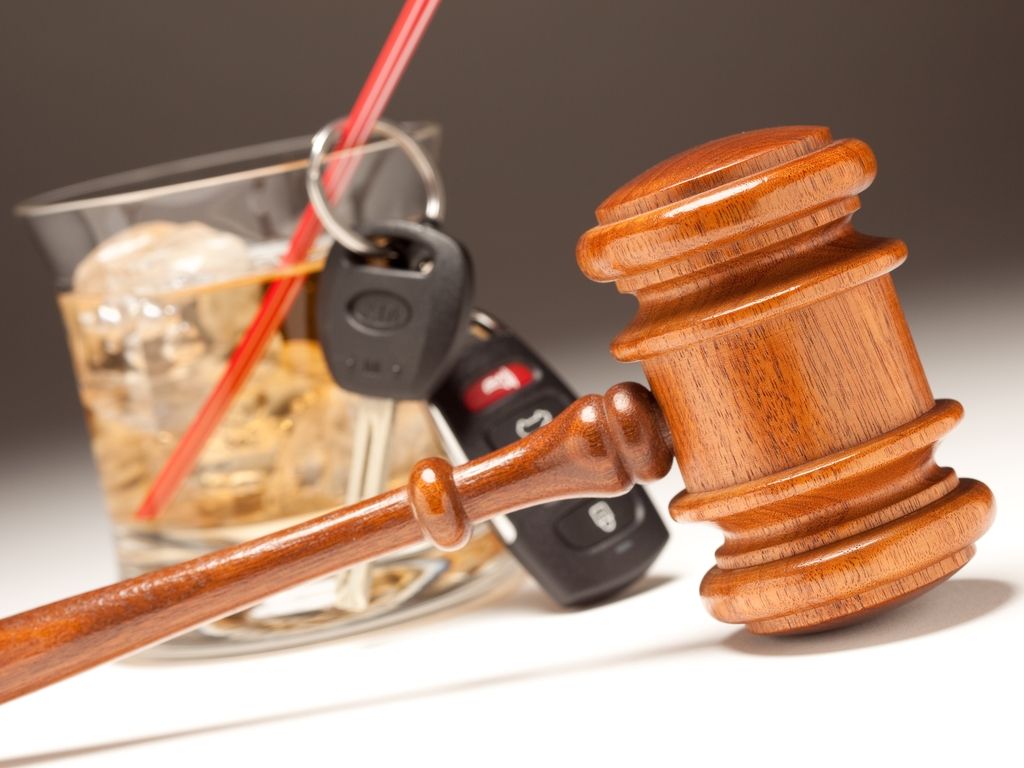Insufficient Evidence Resulted in Reversal of this DUI Case

When you’re charged with a DUI offense, the Commonwealth needs to prove your case. In fact, the sufficiency and weight of the evidence absolutely matters when it comes to a conviction. A few months ago, the Appeals Court decided to reverse a defendant’s sentence. The reason? There was insufficient evidence to establish a finding of DUI at the highest rate of alcohol.
The Superior Court of Pennsylvania issued a legal memorandum with regards to Commonwealth v. Koger on August 19, 2019. Notably, the matter is not considered precedent. This means the ruling applies to Koger as an individual defendant.
According to the case history, Christopher Albert Koger’s drunk driving arrest dates back to July 29, 2017. State Troopers dispatched to a scene in Washington County found a car marooned in flood waters. It was 2:21 in the morning and Koger was discovered under a bridge several yards away from his vehicle.
Reportedly, Koger was barefoot and dressed in shorts that we soaked in the knee area. He admitted to the troopers that he stopped after work to have a couple of drinks. On his way home from the bar, he drove into the flooded area where his car was stuck.
One of the troopers made observations consistent with intoxication and subjected the defendant to field sobriety tests. When Koger failed them and a preliminary breath test, the troopers placed him under arrest.
DUI Case Involved Highest Rate of Alcohol
At 3:15 am, the defendant submitted to a blood alcohol test. It came back with a reading of .174, which is more than double the recognized BAC level of intoxication.
The troopers charged with a couple of unrelated offenses as well as two counts of DUI. One was for general impairment. The other was for driving under the highest rate of impairment.
On May 11, 2018, the court found Koger guilty. His sentence included a term of six months’ county intermediate punishment, with five days behind bars and a $1K fine.
However, here’s an interesting point. Koger wasn’t operating his car when the troopers found him. In fact, there’s no evidence that the defendant drove after 1:15 am. The Commonwealth failed to prove that Koger’s BAC was at the highest level within two hours of driving.
The latter is a requirement under Pennsylvania law, which requires the Commonwealth to prove “the defendant drove, operated or was in actual physical control of a motor vehicle…and did so after imbibing enough alcohol that his BAC reached at least .016% within two hours after driving.”
It all came down to the two-hour time frame. The Appeals Court found there was insufficient evidence to establish that the defendant drove two hours before his BAC level came back so high. Added to the issue was the fact that Koger said he became stranded between 11:30 pm and midnight.
The Appeals Court reversed the sentence based on insufficient evidence as it pertained to driving under the influence of the highest rate of alcohol.
Contact Us
Mazzoni Valvano Szewczyk & Karam has decades of experience handling drunk driving cases. Contact our office to review the charges brought against you.

